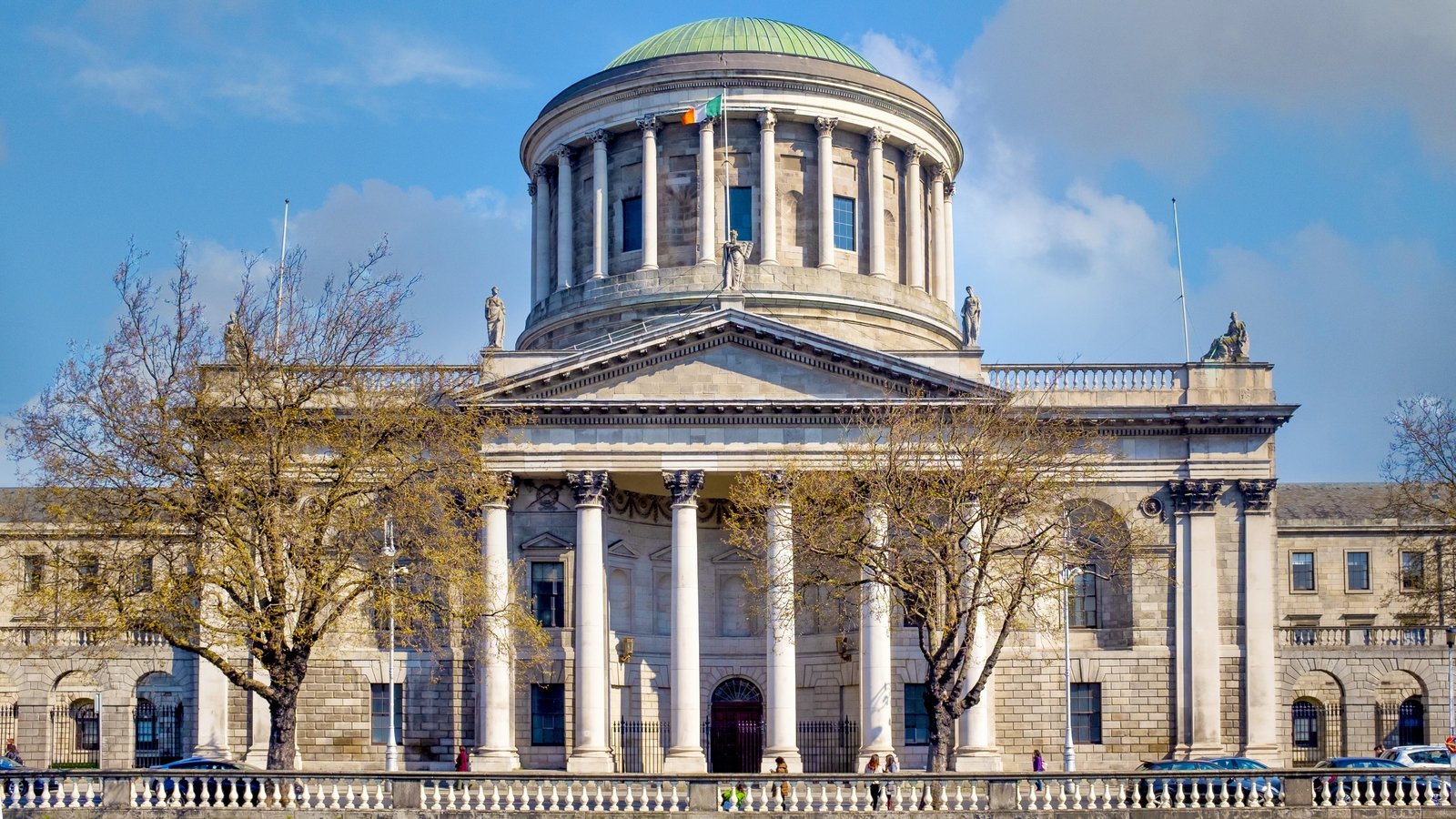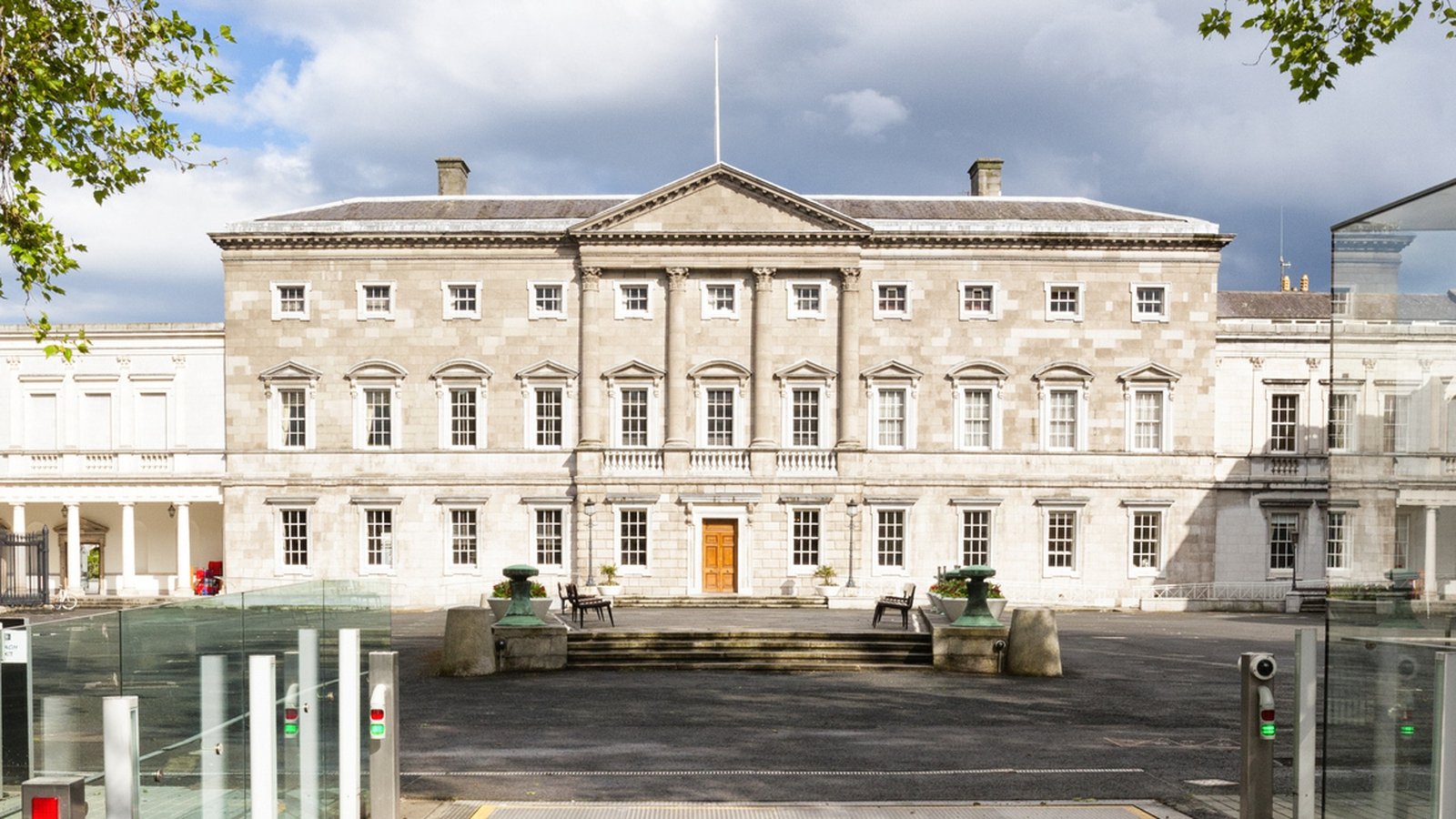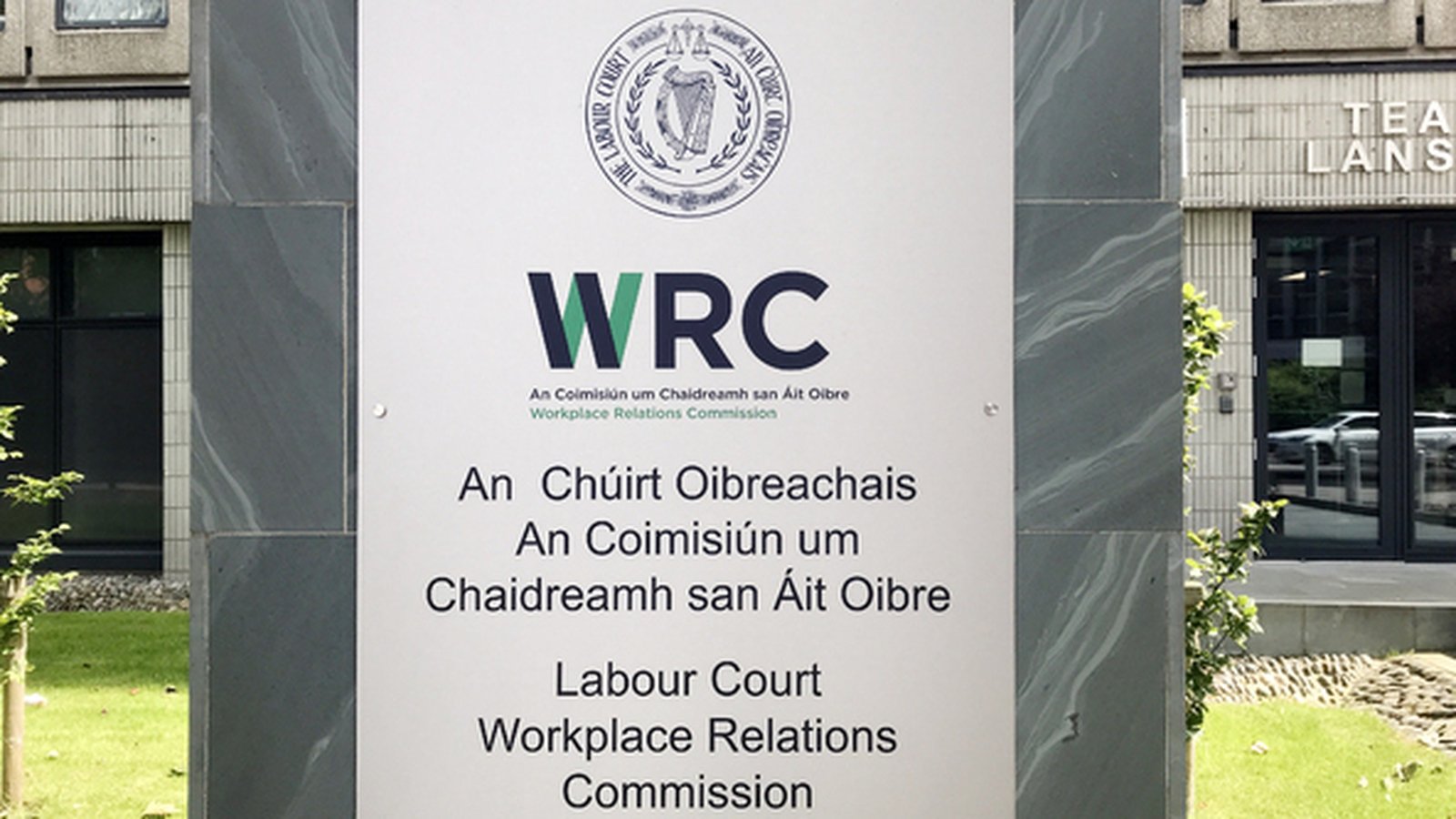Government to dissolve NAMA and conclude IBRC
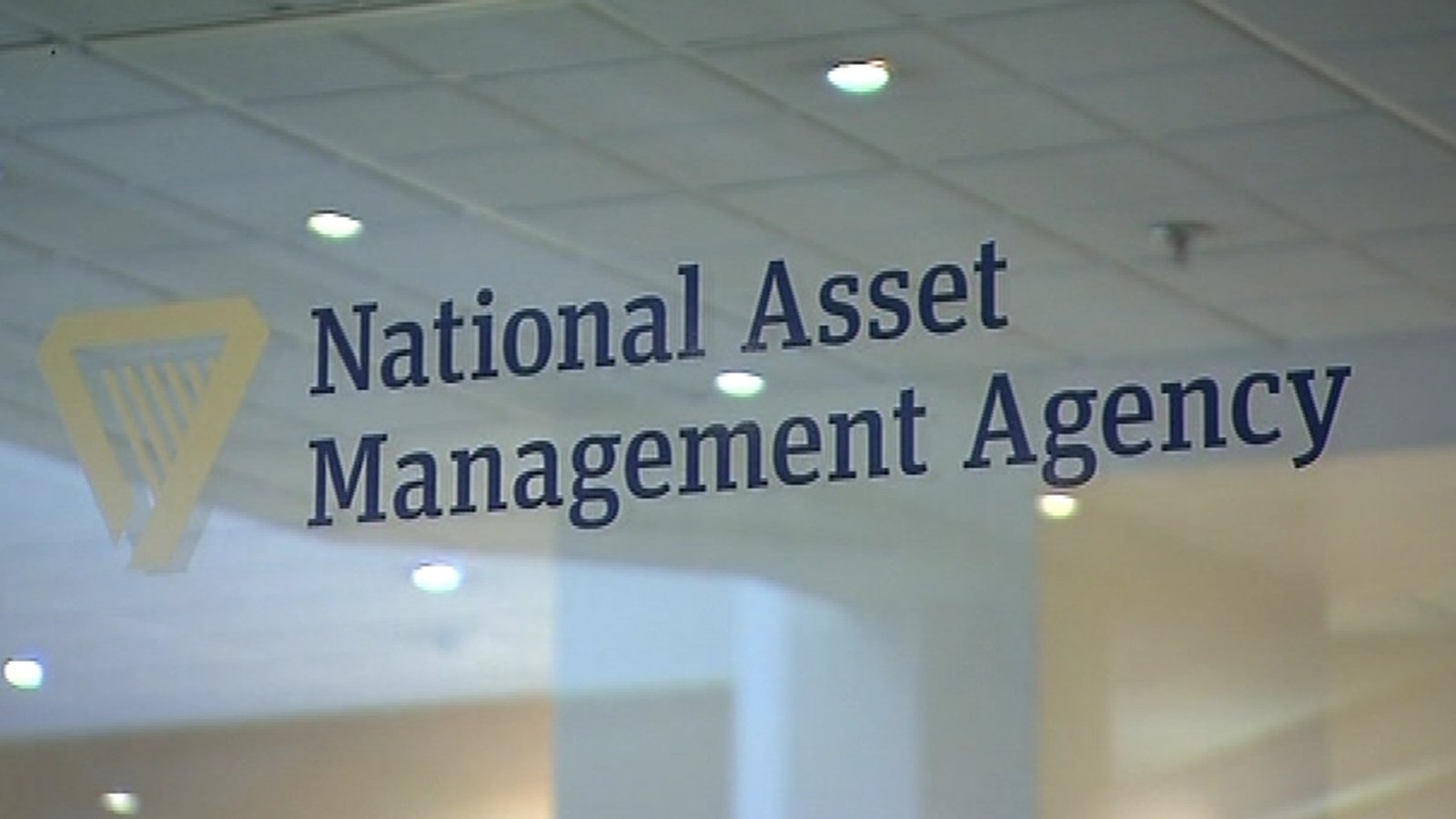
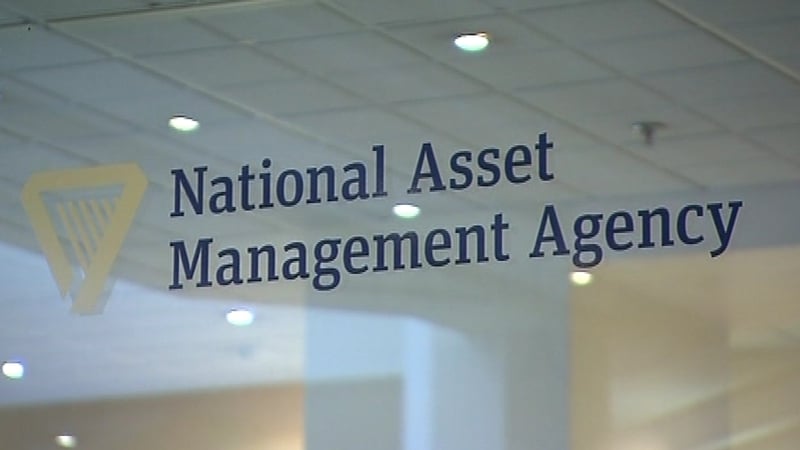
The Government has approved proposed legislation to dissolve NAMA and conclude the IBRC Special Liquidation.
The proposed legislation follows updates published earlier this year, that the Special Liquidation of IBRC is on track to substantially conclude by the end of 2024 and that NAMA is now taking commercial and operational steps to implement a phased and orderly wind-down by end-2025.
In line with the experience of other workout vehicles internationally, it is likely that there will remain some residual activity for both entities after their work has concluded.
To manage this residual activity from 2026 until completion, the legislation will provide for a new Resolution Unit to be established within, and resourced by, the NTMA following the dissolution of NAMA at the end of 2025.
Minister for Finance Jack Chambers has highlighted the extensive progress made by both the IBRC and NAMA since their inception.
Through the Special Liquidation process, approximately €1.7 billion has been paid by IBRC to State agencies through the unsecured dividend payment process and the first surplus transfer from the IBRC to the State was received in December 2023, totalling €35 million.
Deleveraging activity will continue through to the end of 2024 with further realisations to come. By the time NAMA is dissolved at end-2025, the NAMA Board currently projects that NAMA will have generated a lifetime return of at least €5.2 billion to the Exchequer, building on its internationally recognised success to-date. €4.25 billion of NAMA’s projected surplus has already been paid to the Exchequer.
Prior to the conclusion of their respective work mandates, both the IBRC and NAMA will continue to deleverage their remaining portfolios, in an effort to minimise the residual activity due to be inherited by the Resolution Unit and maximise the possible return to the State on the remaining assets.
Minister for Finance Jack Chambers the legislation will importantly provide for necessary arrangements to allow both NAMA and the IBRC Special Liquidation to conclude their respective work mandates, including through the establishment of a Resolution Unit in the NTMA to manage any residual activity of both entities from 2026 until completion.
The move has been welcomed by Chambers Ireland. Ian Talbot, Chief Executive, said the approval brings to an end an extraordinarily difficult time in the country’s economic and social history.
“From the dark days of 2009 when NAMA was established, few would have predicted the buoyant state of the Irish economy in 2024,” he said. “In a global financial crisis of a scale unseen since the Great Crash of 1929 and subsequent recession, coupled with a lack of precedents on the appropriate actions to take, measures undertaken by Government at that time and subsequently have in the long term proven to be extremely successful. We commend the outstanding work of both NAMA and the IBRC in the success achieved but also celebrate their demise.”
The Special Liquidation of the IBRC commenced over 10 years ago, with a loan portfolio of par value of €21 billion, consisting of over 15,000 borrower groups and supported by collateral based in 22 jurisdictions worldwide.
Minister Chambers acknowledged “the exceptional progress made by the Special Liquidators of the IBRC in maximising the return on IBRC’S portfolio, with €35 million having been returned to the Exchequer in December 2023 and further realisations to come. At the time of the publication of the tenth progress update report in 2023, the remaining loan book had a par value of €3.6 billion”.
He said NAMA, which was established 15 years ago this December, has been cited internationally as one of the best examples of a successful implementation of a State-backed asset management company in response to the global financial crisis.
“NAMA inherited a multi-jurisdictional loan book with a par value of €74 billion comprising 60,000 properties and 5,000 individual borrowers. It fully repaid all €32 billion in debt issued to acquire loans and has been fully self-financing throughout its lifetime.”
He said it has made an important social and economic contribution to the development of the State, funding and delivering over 37,000 new homes to date and delivering over 3,000 social housing homes, as well as driving the regeneration of the Dublin Docklands area.

